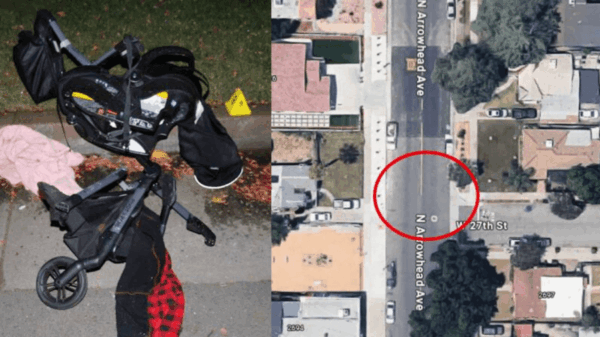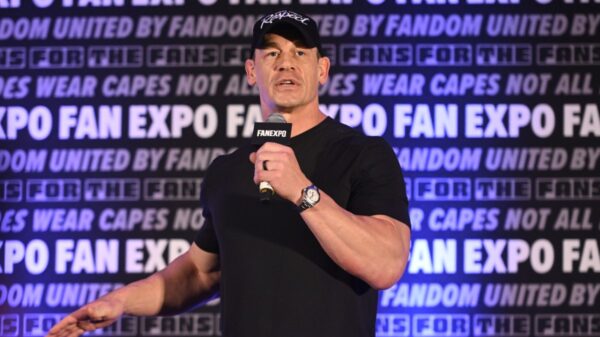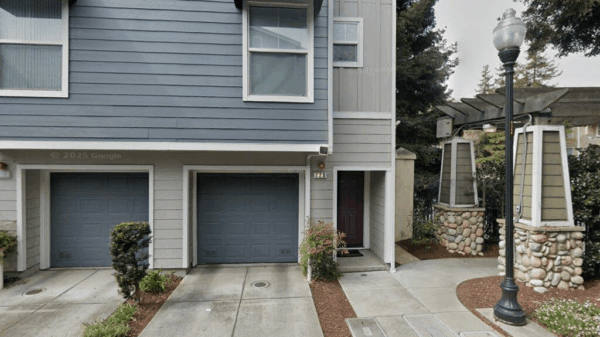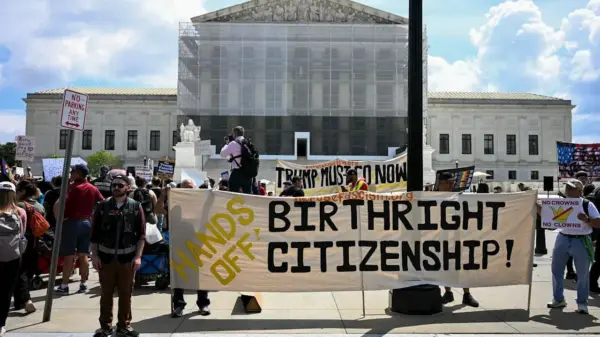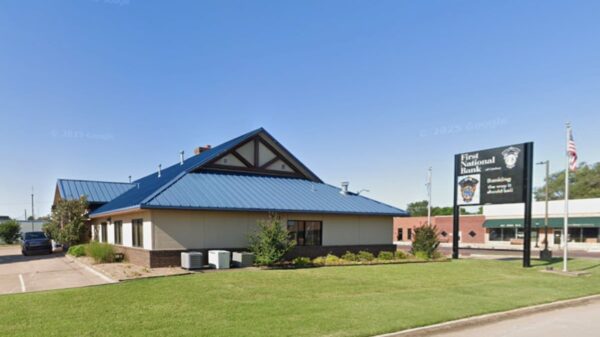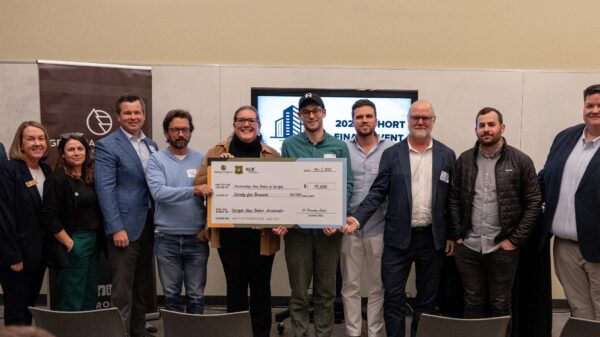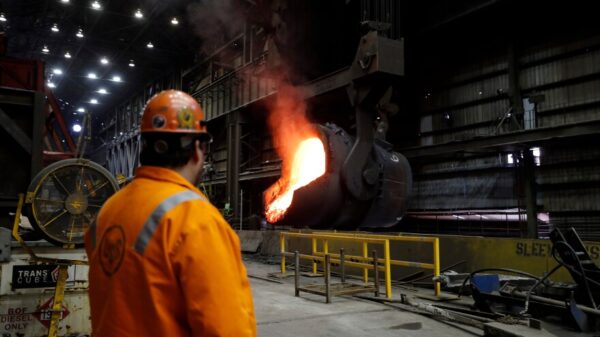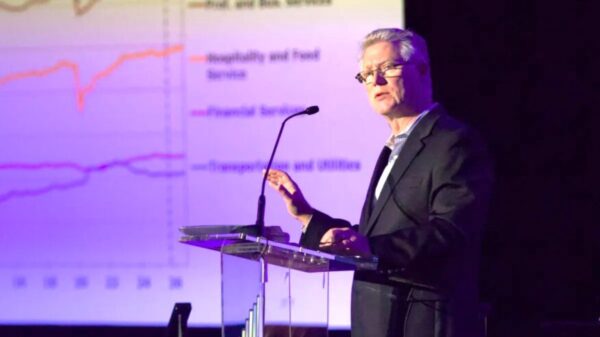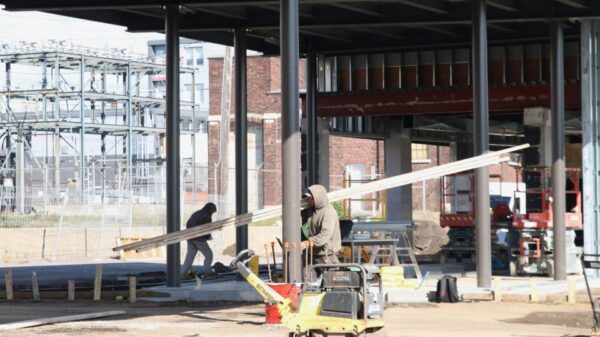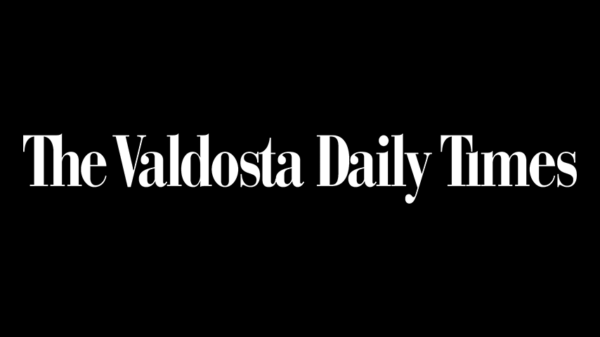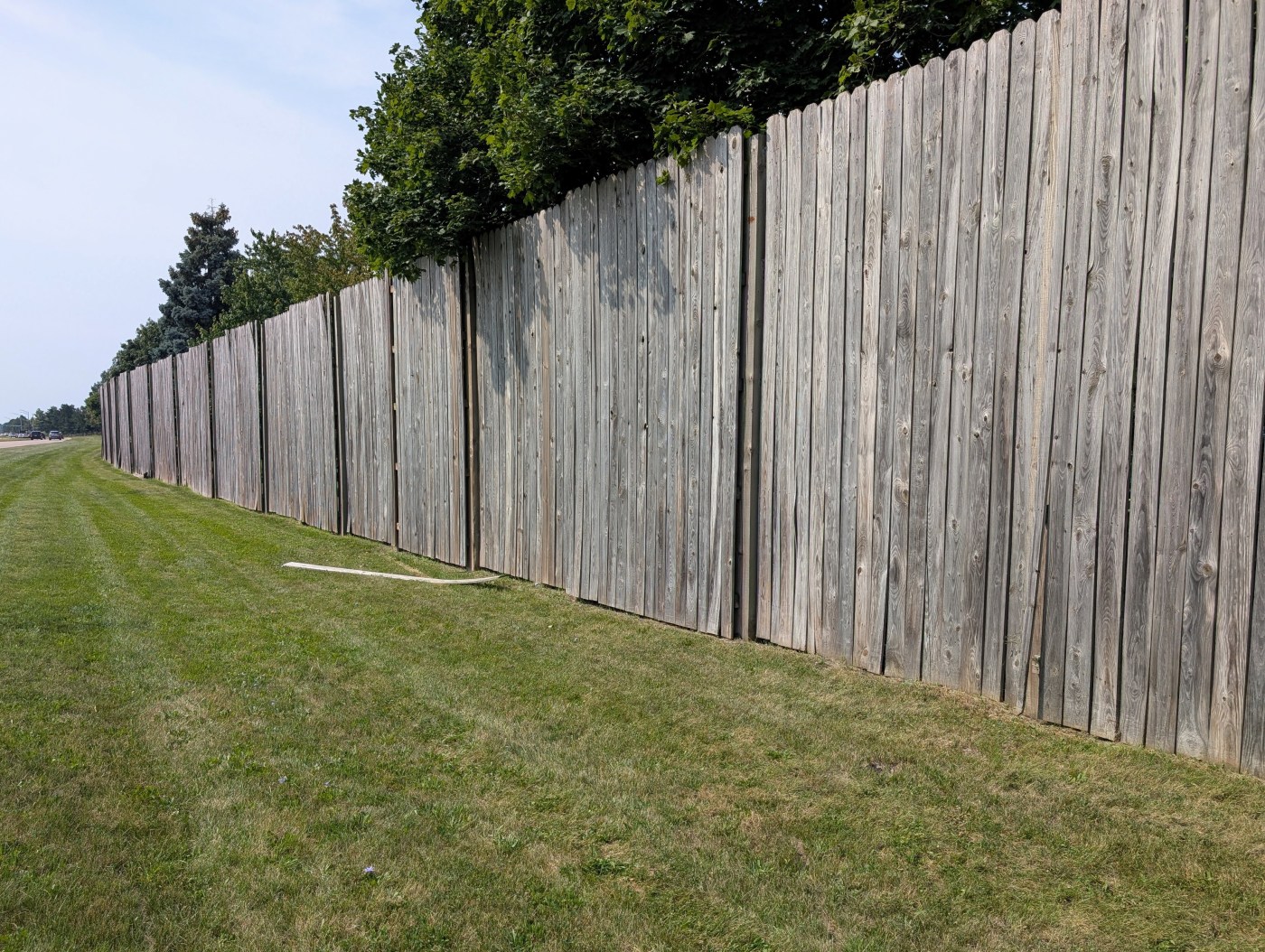UPDATE: The city of Aurora is racing against time as delays plague the much-anticipated sound wall project along Orchard Road. Officials are now preparing to gather cost estimates, with the project’s future hanging in the balance.
The sound wall, designed to protect residents from persistent vehicle noise, has faced numerous setbacks, pushing construction timelines further back. Ald. Carl Franco, who has championed the project, expressed frustration, stating, “We’re almost there. We’re moving along, but we hit this roadblock on a couple different fronts.”
Initially approved in October 2022 through an intergovernmental agreement with Kane County, Aurora hoped to break ground on the project this year. However, the city recently discovered it lost $500,000 in state funding, complicating its already strained budget for the $4 million initiative.
Mayor John Laesch confirmed that the city is urgently seeking quotes to determine the exact costs, remarking, “We don’t even have a real number for the project’s cost at this point.” With the rising expenses, the city needs precise financial data to explore funding options, including potential special service areas that could involve property taxes for residents.
Funding discussions are critical, as property owners in the project’s vicinity were expected to vote on a 25-year tax to cover approximately $100,000 of the costs. However, the city may now need to establish multiple special service areas to reach the necessary financial support. According to Alderman Franco, “We were there, we had it, but now, things have changed a little bit.”
Aurora has already allocated nearly $3.5 million for the sound wall from various sources, including $650,000 from Franco’s own ward and over $1 million from the city, matched by Kane County. Despite these funds, the loss of state money puts the project at risk, and officials are exploring alternative funding sources, including potential increases in gaming taxes from the new Hollywood Casino-Aurora resort.
The urgency cannot be overstated. Mayor Laesch emphasized the need to resume construction by next March 2024 to avoid losing any additional funding. “We want to get the sound wall construction done next year so we don’t lose additional funding,” he stated.
Franco articulated the emotional toll on residents waiting for relief from noise pollution. “I just feel bad for those people who are wanting it and really almost needing it, and we can’t quite get it done yet,” he shared. The anticipated sound wall is not just a construction project; it represents hope for a quieter living environment for many families.
As the city navigates these challenges, it remains committed to finding a solution. Both Franco and Laesch are prioritizing the project but have differing views on funding strategies. While Franco supports the establishment of a special service area, Laesch is exploring alternative financing methods.
Aurora residents are urged to stay informed as the city works diligently to finalize project costs and secure necessary funding. The future of the sound wall hinges on prompt action and community support, with the hope of a groundbreaking in the near future.
For updates, follow our coverage on this developing story.


